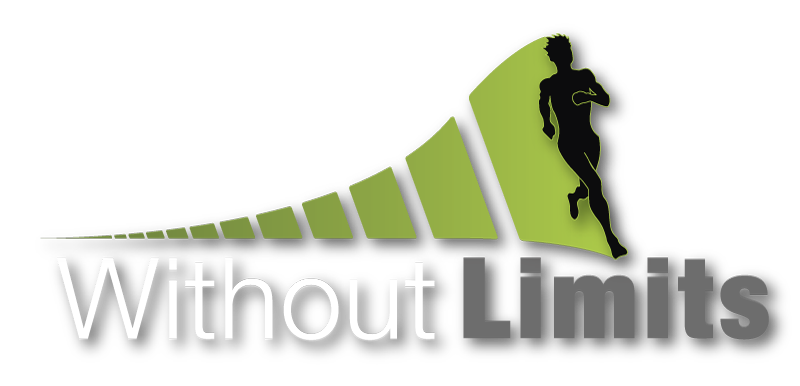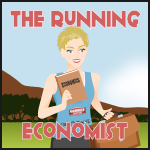Recently I have made several social media posts about the frustration that
masters athletes, including myself, have with the rise of doping amongst older
athletes. While legal in some respects, many prescribed anti-aging tools, such
as testosterone and human growth hormone, are considered illegal by USATF/WADA and
other athletic governing bodies because of their performance enhancing
capabilities. I suspect that some who use these products and compete justify
the use since it is 1) prescribed by a doctor or 2) the Rx is "just
leveling the playing field" for them. And getting a TUE for competition...you know what you are doing is wrong and you are using the system to get around it.
Our health and abilities
depreciate as we age (the health economist had to enter at some point), and
pure athletes (for lack of a better term) must adjust training regimens.
Currently I am running quite well for me and believe that I have several PRs
left in me ranging from the 1500 meters to marathon. To get to those PRs,
however, I must respect my age and body and modify my training accordingly. I
cannot run over 100 miles a week as I did when I was in my 20s and 30s since it
takes longer for me to recover at age 42. I can't hammer every run. (You are right to be suspicious of 40+ year old athletes posting ridiculous training regimens on Strava. If it sounds "incredible" it is probably not credible.)
This season, which is focused
on road and cross country races 5K and 6K in distance, I am consistently
running over 50 miles a week and will approach 60 a few times in the next 4-6
weeks. To replace the aerobic work from the decreased running mileage, I swim
several times a week. Not only does swimming provide excellent aerobic (and anaerobic
when I do speed sessions) benefits, but the water and its weight provides a
massaging effect which helps with recovery.
Additionally, as an older
athlete my recovery days must truly be recovery days. I take one day off
completely from running. Some of my easy run days are at a 9:00 minute per mile
pace or slower (something the younger me would have been ashamed of, but now I
embrace with pride.) The little things are also increasingly important as we
age: deep tissue massage, stretching, strength training, icing, diet, etc.
Per the diet, I do take some
legal (in all respects) supplements, many produced by my long-time sponsor
Hammer Nutrition. (NOTE: This is a testimonial. I am not a trained physician or
nutritionist so do not take my testimonial as such.) One that I starting taking
in the last year to help with recovery is Essential Mg, which is a magnesium
supplement. Magnesium, an electrolyte, aids in many things including
metabolism, muscle contraction, blood sugar regulation, and blood pressure
normalization. I get plenty of magnesium through cashews and other foods, but
the supplement brings me up a level as I hit my heavy training volumes. I take
Hammer's Essential Mg each evening (one serving is 200 mg of magnesium) before
bed. Without scientific evidence, and relying solely on anecdotal evidence, I
have fewer sugar crashes on training runs, feel more energetic when I wake up
in the morning, and am training on an overall high level for a 40+ year old
female. Magnesium is not the only thing potentially causing this (see the
"little things" above and my weekly training), but I believe it is a
contributor. Like all of Hammer's products, Essential Mg is easy on the
stomach. If you are looking for more information on the product, check out
their web page.
Before signing off, to make
sure that you are not accidentally taking a product that is banned by your
athletic governing body, use the Global DRO site to check any Rx or supplement. (HINT: Magnesium is not a banned substance by WADA but HGH is!)
 |
| Mg is all good |
 |
| HGH is not good at all |
Hammer on,































